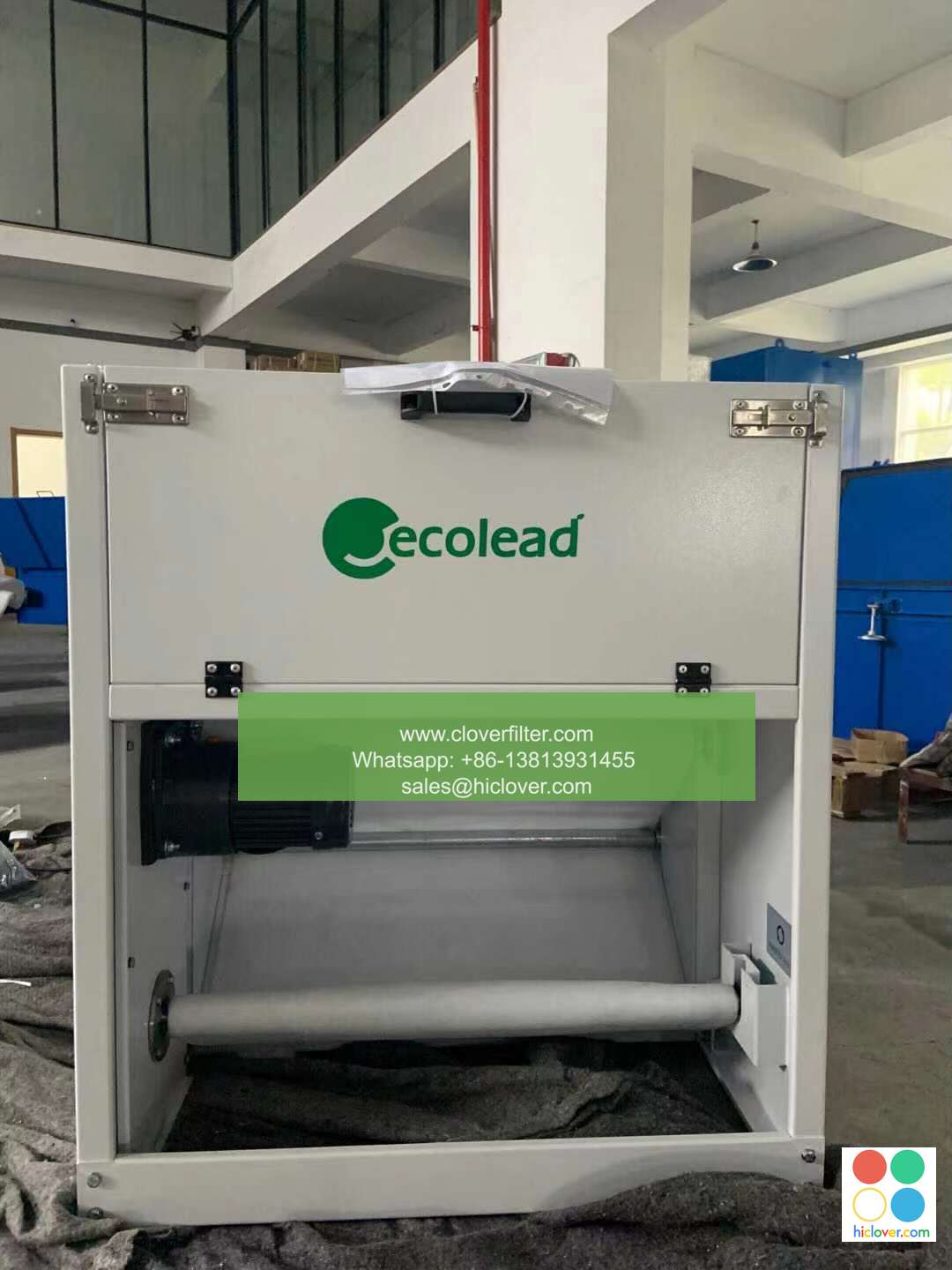Understanding G4 and F5 Air Filters: Which is Best for You?

Understanding G4 and F5 Air Filters: Which is Best for You?
When it comes to maintaining clean air quality, having the right air filter is crucial. In the world of air filtration, two popular options are G4 and F5 air filters. Both have their unique characteristics, advantages, and applications. In this article, we’ll delve into the differences between G4 and F5 air filters, helping you decide which one is best for you.
What are G4 and F5 Air Filters?
G4 and F5 air filters are both designed to capture airborne particles, including dust, pollen, and other contaminants. The key difference lies in their filter efficiency and particle capture rate.
- G4 Air Filters: G4 air filters, also known as MERV 4 filters, have a minimum efficiency rate of 25% and capture 50% of particles as small as 10 microns (μm). They are ideal for general-purpose applications, such as residential homes, offices, and small commercial spaces.
- F5 Air Filters: F5 air filters, also known as MERV 5 filters, have a minimum efficiency rate of 30% and capture 65% of particles as small as 3.3 μm. They are designed for more demanding applications, such as industrial environments, hospitals, and high-traffic commercial spaces.
Key Differences: Particle Capture Rate and Filter Life
- Particle Capture Rate: F5 air filters have a higher particle capture rate, making them more effective at removing smaller particles, such as viruses, bacteria, and allergens. G4 air filters, on the other hand, are better suited for larger particles, like dust and pollen.
- Filter Life: F5 air filters typically have a shorter lifespan than G4 air filters, lasting around 3-6 months, whereas G4 air filters can last up to 12 months. However, this difference in lifespan is influenced by factors like filter quality, cleaning frequency, and environmental conditions.
Application Areas: Choose the Right Filter for Your Needs
When deciding between G4 and F5 air filters, consider the following factors:
- Residential Use: G4 air filters are sufficient for general residential applications, such as homes, apartments, and small offices.
- Commercial and Industrial Use: F5 air filters are ideal for larger commercial and industrial spaces, hospitals, schools, and areas with high air quality demands.
- Allergy and Asthma Sufferers: F5 air filters are recommended for individuals with severe allergies or asthma, as they can capture smaller particles and provide better air quality.
- High-Traffic Areas: F5 air filters are better suited for high-traffic areas, such as shopping malls, stadiums, or large public buildings.
Conclusion: Choosing the Right Air Filter for Your Needs
When selecting between G4 and F5 air filters, consider your specific requirements, environment, and application needs. G4 air filters are suitable for general residential use, while F5 air filters are designed for more demanding applications. By understanding the key differences between these two types of air filters, you can make an informed decision to ensure optimal air quality and comfort in your space.
Key Takeaways:
- G4 air filters are ideal for general residential use, with a minimum efficiency rate of 25% and capturing 50% of particles as small as 10 μm.
- F5 air filters are designed for more demanding applications, with a minimum efficiency rate of 30% and capturing 65% of particles as small as 3.3 μm.
- Consider the particle capture rate, filter life, and application area when choosing between G4 and F5 air filters.
By understanding the differences between G4 and F5 air filters, you can choose the right air filter for your needs, ensuring a cleaner, healthier, and more comfortable indoor environment.
I’m happy to help! What would you like to talk about? Do you have a specific topic in mind, or are you looking for a conversation starter?

